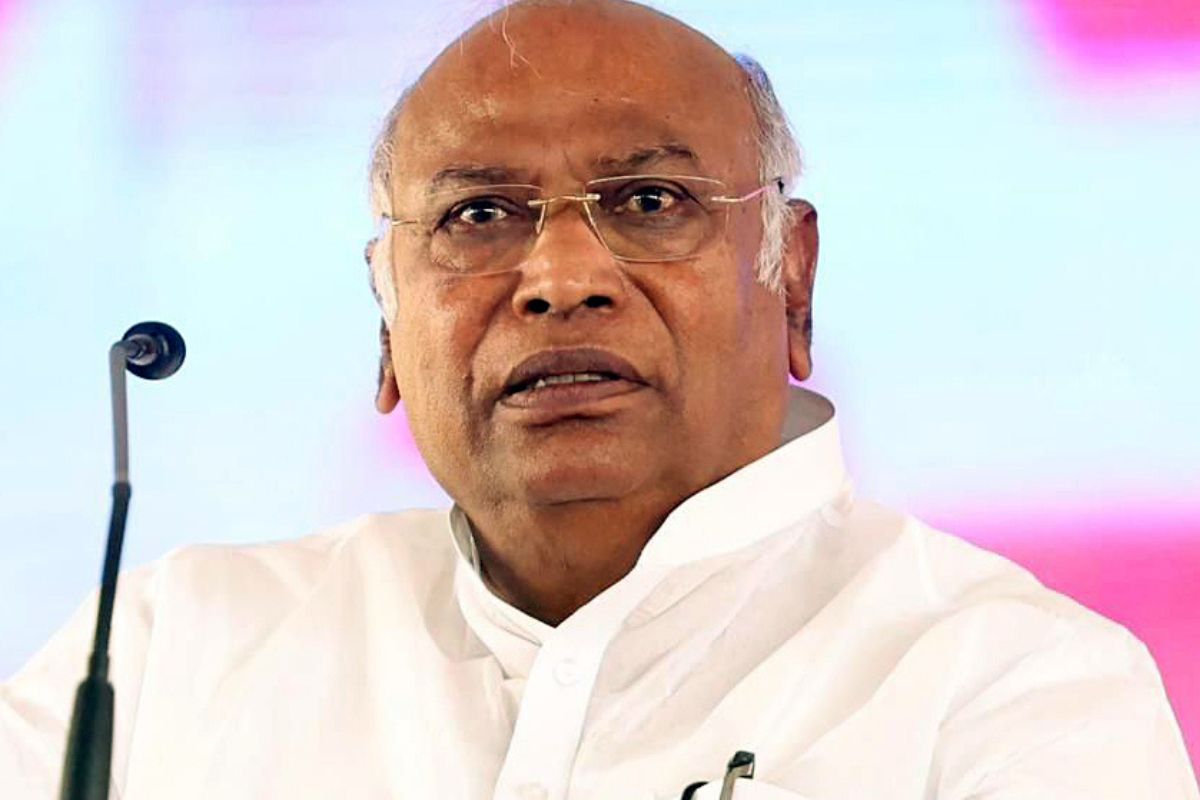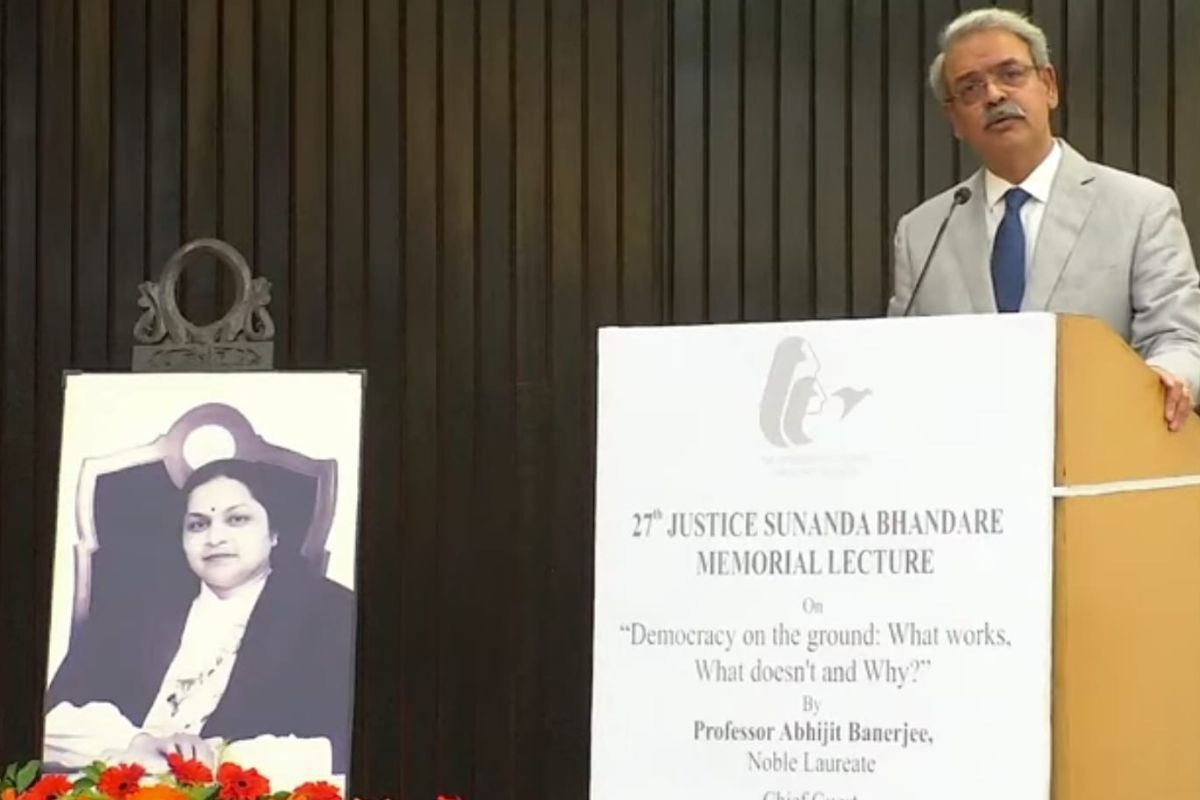Blindfold removed, judiciary ushered in new era justice: MP CM
He asserted that access to justice is a legal right of every citizen of the country, and timely justice is a vital social commitment. He pointed out that delivering timely justice to the litigant is the sole objective of the entire judicial system.















